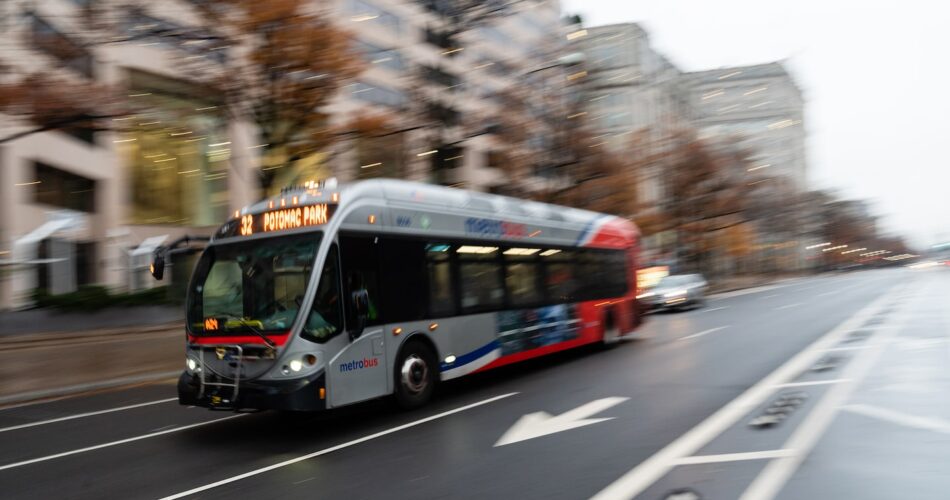The suspension mirrors some of the irregularities and policy inconsistencies that have arisen since the social media company was taken over in late October by billionaire tech mogul Elon Musk. In a few months, Musk — the Tesla and SpaceX CEO who has long been critical of Twitter policies limiting what the social media app has allowed or restricted — has cut more than half of Twitter’s employees, suspended journalists who covered a ban on an account tracking his private jet and launched new features such as a verification check mark for anyone willing to pay $8.
It was unclear if other transit or governmental agencies were similarly affected Tuesday. Some largely automated accounts or those repeatedly posting links, even those not engaged in spam or harassment, appear to have been previously caught up in sweeps of bots on the site. Musk, whose replies are often littered with crypto scams, said cleaning up spam has been a key priority for him as owner.
Asked why Metro thought its account had been suspended, spokesman Ian Jannetta said he had no answers.
“All great questions,” Jannetta said in a text message. “Let us know if Twitter answers them for you [because] we are asking the same ones.”
Twitter did not immediately respond to a request for comment.
The transit agency announced that the account — one of three primary accounts the transit agency uses — had been suspended on its main @wmata account just after noon.
Currently our @metrobusinfo ? account is suspended. We’re working to get this restored for our bus customers. Sorry for the inconvenience.
In the meantime, check https://t.co/k6Syw2a8DM for Metrobus status, at-stop bus displays if available, or sign up for Metroalerts #wmata
— Metro (@wmata) January 10, 2023
Metro directed bus customers who relied on the account to use the agency’s website at wmata.com/alerts.
“We’re working to get this restored for our bus customers,” Metro said on Twitter. “Sorry for the inconvenience.”
Since Musk took over, Twitter has been beset with inconsistent applications of its policies and sudden bans on longtime accounts, with few avenues to appeal or obtain a reversal. Last month, Twitter banned an account tracking the live location of Musk’s private jet, citing a new policy prohibiting the sharing of live-location data that could reveal a person’s whereabouts.
The company followed that ban with a rash of suspensions against other accounts run by the owner of @elonjet, college sophomore Jack Sweeney, including his personal account. Then, Twitter suspended more than a half dozen journalists, including Post reporter Drew Harwell, as Musk baselessly alleged the journalists — some of whom had been reporting on the jet account — posted “basically assassination coordinates” for him.
Musk said the journalists were free to rejoin, but they quickly learned they could only do so if they deleted the tweets, resulting in a stalemate because the journalists maintained they had done nothing wrong.
Officially, Twitter’s policy prohibits sharing of “live location information, including information shared on Twitter directly or links to 3rd-party URL(s) of travel routes, actual physical location, or other identifying information that would reveal a person’s location, regardless if this information is publicly available.”
It was not immediately known whether that policy resulted in the bus location account’s suspension, or whether the suspension was conducted through automated means or otherwise in error.



